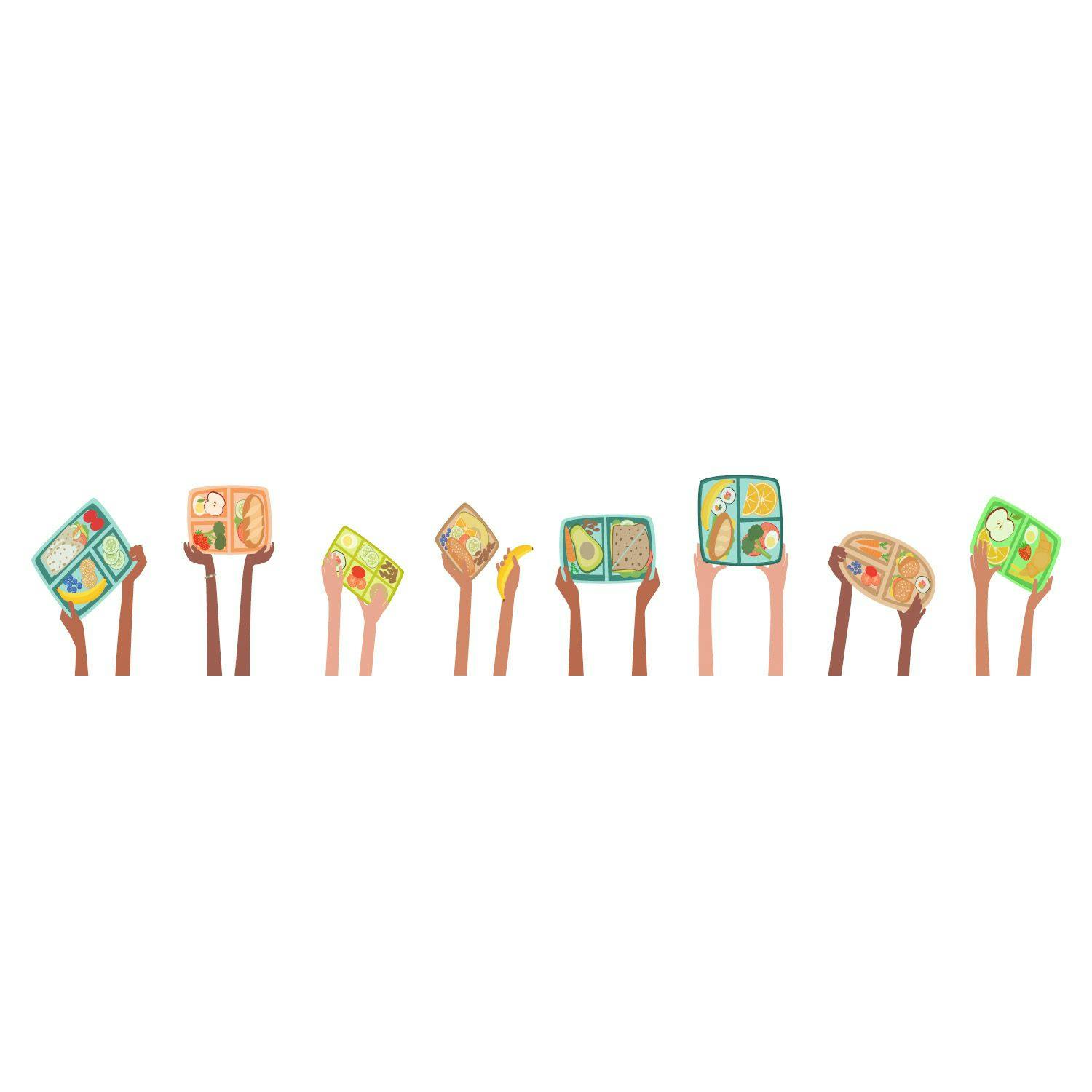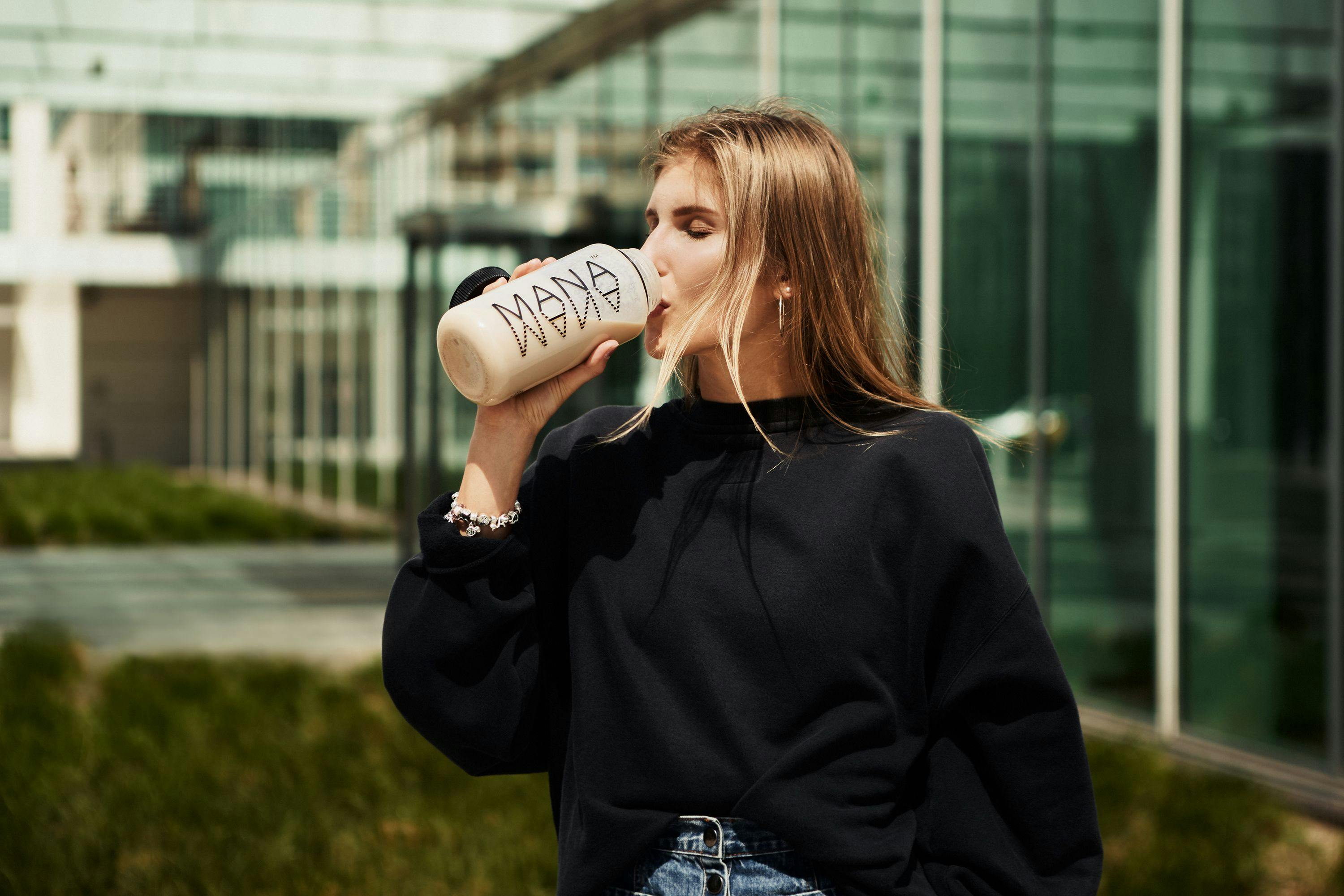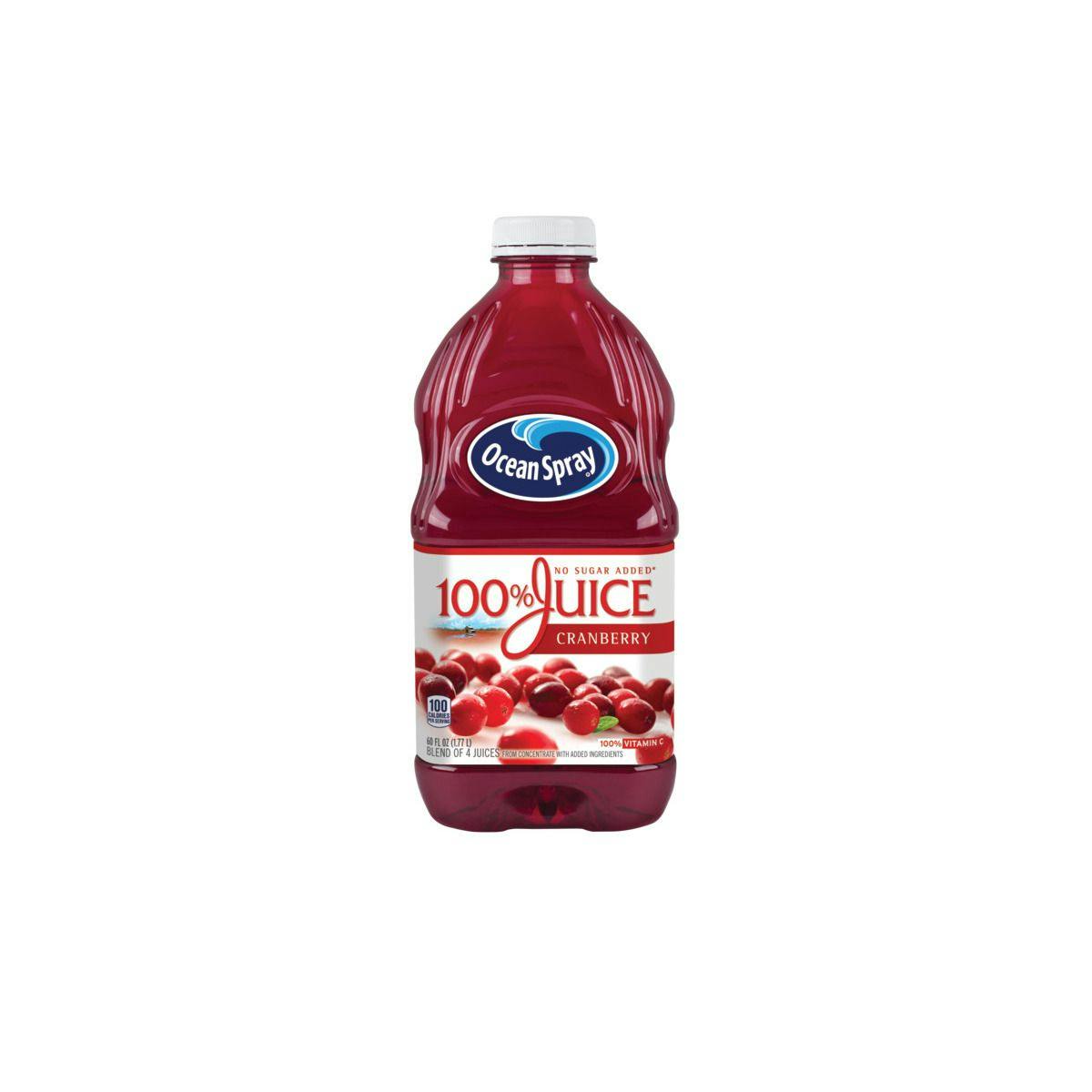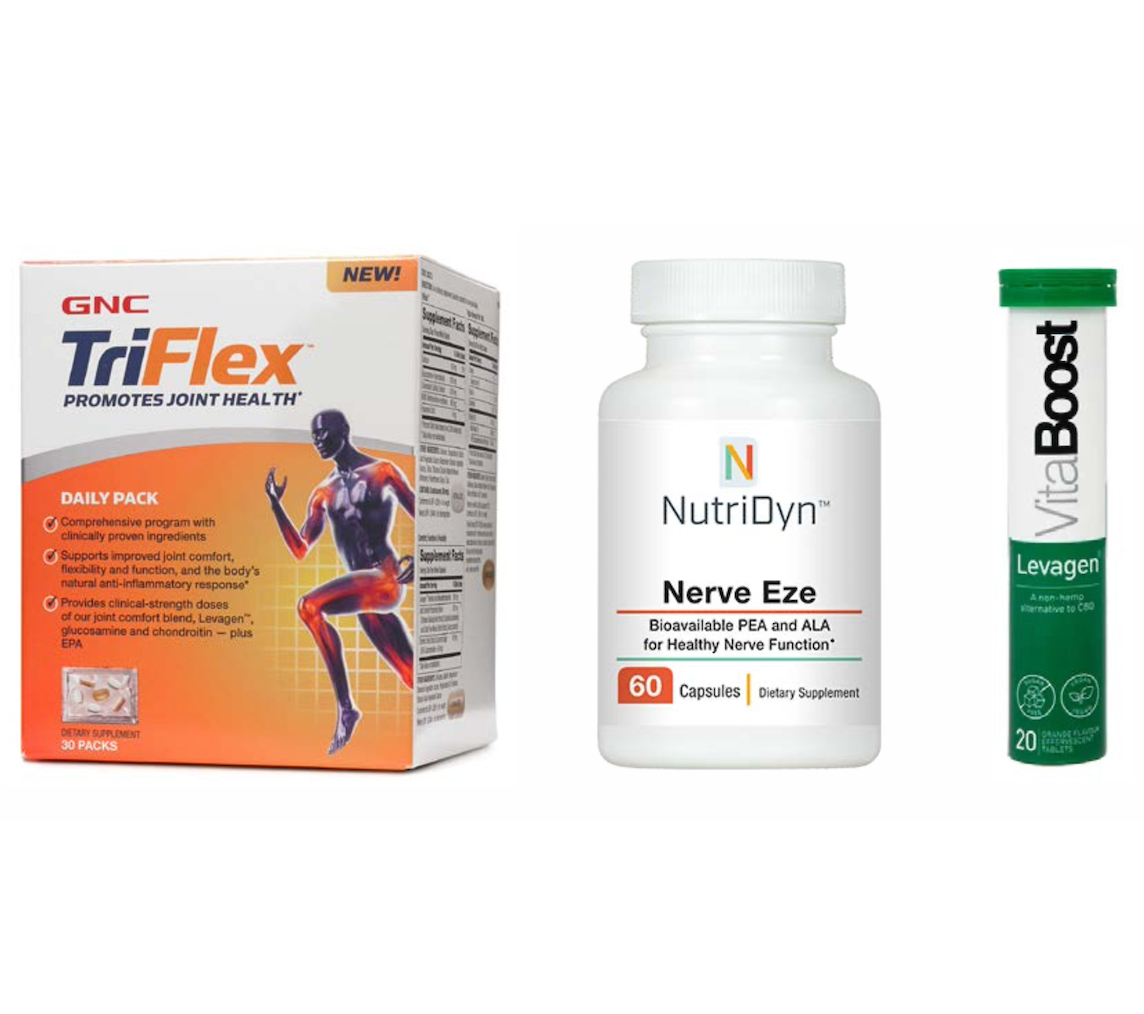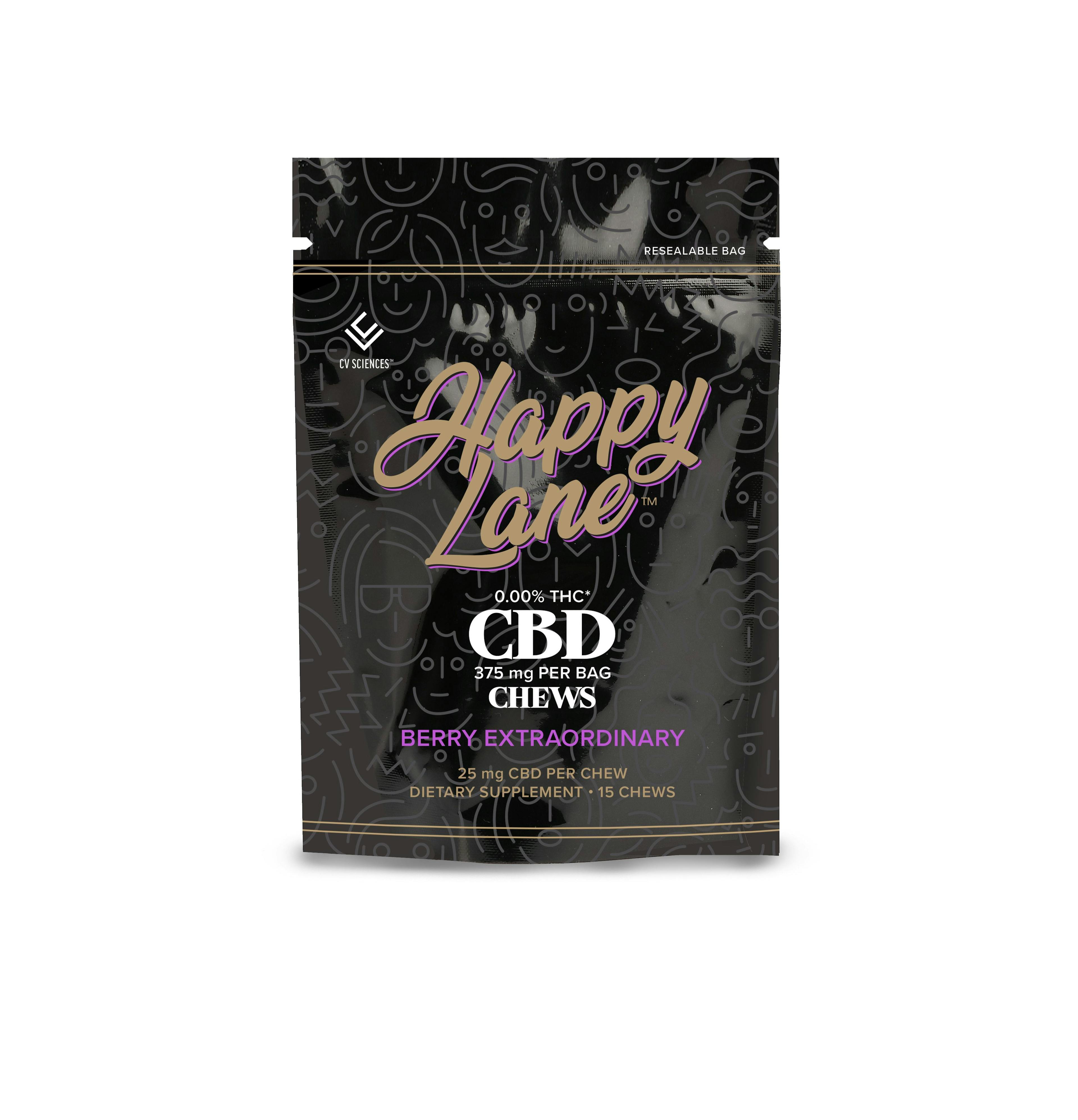Lessons from 2020’s most notable advertising disputes: Natural products edition
Don’t let your brand make these advertising mistakes.
Photo © AdobeStock.com/Coloures-Pic

Advertising is complicated. There are nuanced regulations companies must follow—or risk finding themselves on the receiving end of an NAD complaint. While it’s true that the National Advertising Division (NAD) of BBB National Programs isn’t a regulatory body and its rulings aren’t legally binding, unresolved complaints are referred by NAD to the Federal Trade Commission for investigation. An FTC investigation is a world of trouble, second perhaps only to criminal prosecution; hence, satisfying the NAD should be a top priority for every firm.
Staying on the right side of advertising law involves more than simply knowing to avoid disease-treatment claims. Here are some of 2020’s most notable NAD disputes—and the lessons companies can learn from them.
Social Media Endorsements & Testimonials Must Include Disclosures
Laura Brett, vice president of the NAD (New York City), says some of the cases brought before the NAD this year underscore the importance of clear, conspicuous disclosures when using endorsements, testimonials, and product reviews in marketing. One case involving Procter & Gamble’s (Cincinnati, OH) Bounty Paper Towels demonstrates the need for brands to ensure that disclosures carry across platforms.
“In this case dealing with advertising on TikTok, NAD reviewed ads by an influencer for Bounty Paper Towels,” Brett says. “The ad included clear and conspicuous disclosures on TikTok that didn’t transfer with the ad when it was shared on other platforms like Instagram. Procter & Gamble agreed to embed the disclosures going forward to ensure they would always appear with the ad whenever it was transferred to another platform.”
Brett says endorsements and testimonials should reflect an experience that is typical of what most consumers can generally expect. If the endorser’s experience isn’t credibly established to be typical, then the brand must clearly and conspicuously disclose the generally expected performance in the circumstances depicted.
More-Specific Health Claims Are Easier to Substantiate
While many cases involve brands making missteps or acting irresponsibly with their advertising, one NAD case from 2020 highlights a brand that did everything right. The Benefiber Healthy Balance case, decided in April 2020, was brought against Benefiber manufacturer GlaxoSmithKline Consumer Healthcare (Brentford, UK) by Procter & Gamble. Procter & Gamble manufactures Metamucil, a competing product made with psyllium husk (Plantago ovata).
In this case, the NAD evaluated whether there was sufficient evidentiary support for the claim that Benefiber Healthy Balance “helps relieve occasional constipation and abdominal discomfort without causing diarrhea” based on studies submitted by both GlaxoSmithKline and Procter & Gamble. GlaxoSmithKline supported its claims with two expert declarations and a summary of 15 blind, placebo-controlled studies on partially hydrolyzed guar gum (PHGG), the active ingredient in Benefiber Healthy Balance. Procter & Gamble responded with a summary of 14 studies on PHGG and an expert declaration critiquing GlaxoSmithKline’s evidence.
The NAD determined that the challenger’s evidence wasn’t any more reliable than the advertiser’s studies, ultimately ruling that the claim is substantiated. Brett says this case demonstrates the importance of using high-quality evidence to support specific health claims.
“A combination of reliable tests can be looked at together to support health-related claims,” she explains. “Health claims are held to a higher standard of proof and must be supported by reliable scientific evidence, [which is why brands should] limit health-related claims to specific benefits.”
Comparative “Natural” Claims Must Be Substantiated
As consumers increasingly seek natural products, more companies are making claims of “natural ingredients” and “no artificial ingredients.” However, one case adjudicated in 2020 demonstrated that brands must provide substantiation for “natural” ingredient claims, especially when comparing their products with competitors.
Sports drink company Bodyarmor (Queens, NY) made missteps with “natural” claims earlier this year, as determined in a case brought by competitor Gatorade (Chicago, IL). Bodyarmor’s marketing for its flagship drink Bodyarmor and low-calorie option Bodyarmor Lyte made claims that Bodyarmor’s drinks are “more natural” and “contain more natural ingredients” than competing products Gatorade Thirst Quencher and Gatorade Zero.
In this case, the NAD ruled that Bodyarmor failed to substantiate its claim that its products contain a greater quantity of natural ingredients, either numerically or by volume, than Gatorade products. However, the NAD determined that Bodyarmor could continue to claim that it uses natural sweeteners, natural flavors, and coloring agents derived from natural sources.
The Bodyarmor case demonstrates that “natural” claims are more than mere puffery. Brett says companies should be as specific as possible when making “natural” claims and should specify which ingredients in the product are natural or which artificial ingredients have been removed.
Responsible Advertising
Responsible advertising requires brands to be vigilant about not only the messages they use but also how those messages are positioned and displayed. This year’s competitor legal fights demonstrate the importance of making specific claims supported by high-quality evidence. Furthermore, this year’s cases have shown that endorsements and testimonials are always subject to the same rules regardless of whether they appear on TikTok or on television. These cases serve as timely reminders that even in 2020, and especially during a pandemic, truth in advertising matters.
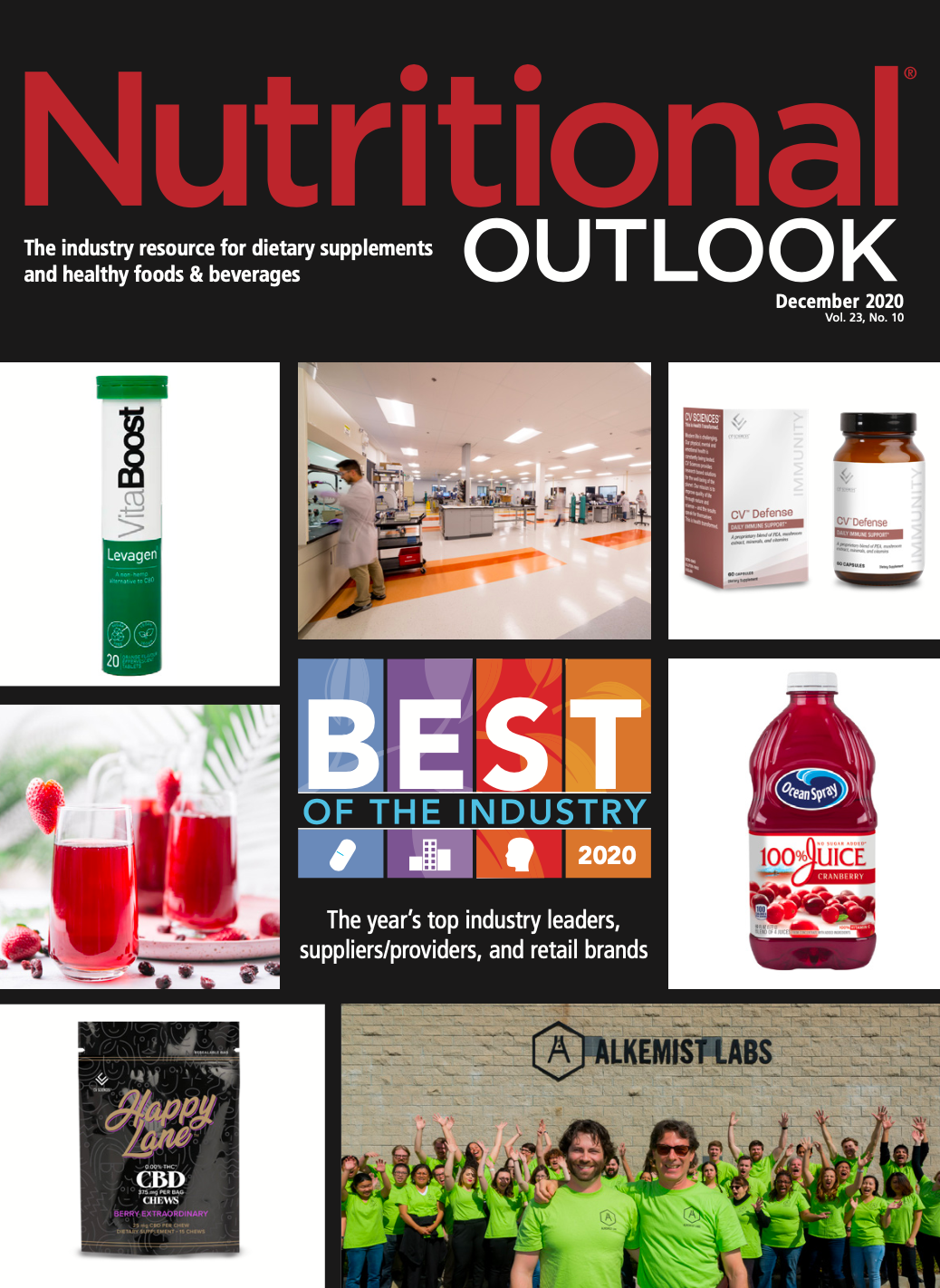
Prinova acquires Aplinova to further increase its footprint in Latin America
April 7th 2025Prinova has recently announced the acquisition of Brazilian ingredients distributor Aplinova, which is a provider of specialty ingredients for a range of market segments that include food, beverage, supplements, and personal care.


